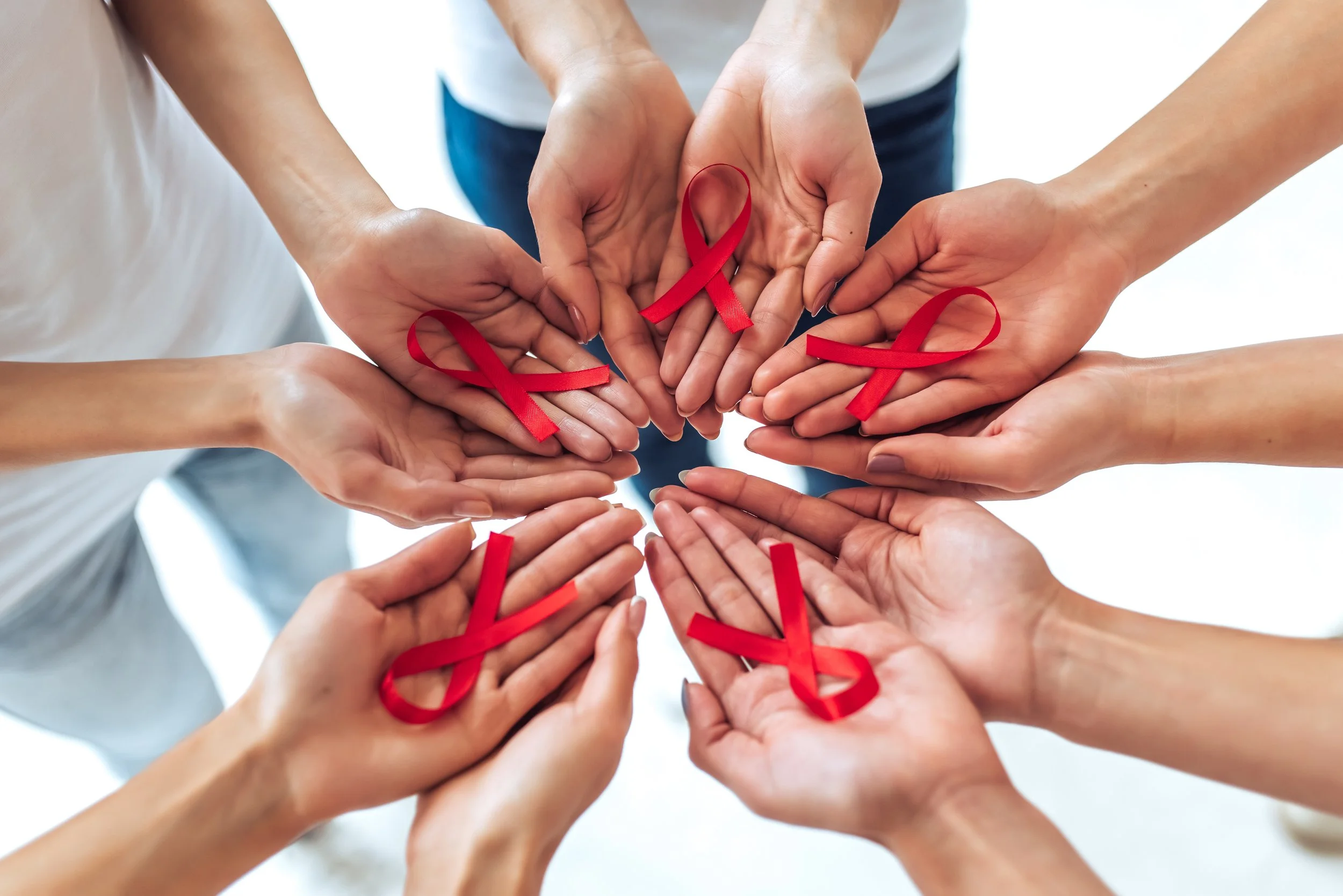In recognition of National Youth HIV & AIDS Awareness Day (April 10)
Young people deserve the knowledge and tools to make safe, healthy choices. That’s why early education about HIV prevention is so important. When we talk honestly and openly with youth about HIV & AIDS, we give them the power to protect themselves — and others. At Elevate, we believe that education is one of the strongest tools we have in the fight against this disease.
HIV (human immunodeficiency virus) is a virus that attacks the body’s immune system. If left untreated, it can lead to AIDS (acquired immunodeficiency syndrome). While there is no cure for HIV, it can be controlled with medication. Today, people living with HIV can lead long, healthy lives. But prevention and early education are still key.
Many teens and young adults don’t feel at risk for HIV, but the numbers tell a different story. Young people aged 13 to 24 make up more than 1 in 5 new HIV diagnoses in the U.S. each year. That’s why it’s so important to talk to young people about how HIV is spread, and how to prevent it.
What helps? Honest conversations, harm reduction strategies, and access to support.
Accurate information: Youth need to know the facts about how HIV is passed from one person to another. HIV can be spread through unprotected sex and by sharing needles or syringes. It is not spread through casual contact like hugging or sharing food.
Prevention tools: Things like condoms, regular testing, and medications such as PrEP (pre-exposure prophylaxis) can help stop the spread of HIV. Harm reduction means giving young people tools that meet them where they are—without judgment.
Access to resources: Young people need to know where they can turn for support. That includes trusted adults, health clinics, school counselors, and community organizations.
Elevate works directly with youth through school-based and community programs that support physical, mental, and emotional health. We partner with schools and local agencies to provide early intervention programs like Teen Intervene and Too Good for Drugs, helping young people learn about healthy choices and avoid high-risk behaviors.
Online and local resources are available to help youth stay informed and safe. In southeastern Wisconsin, clinics and organizations provide free or low-cost testing, prevention tools, and support services. Websites like HIV.gov also offer up-to-date, youth-friendly information and guidance.
When we empower youth with education, we give them more than facts—we give them confidence, choice, and hope.
This National Youth HIV & AIDS Awareness Day, Elevate encourages parents, educators, and community leaders to have these important conversations. By talking about HIV early, often, and with compassion, we can build a healthier future for everyone.

